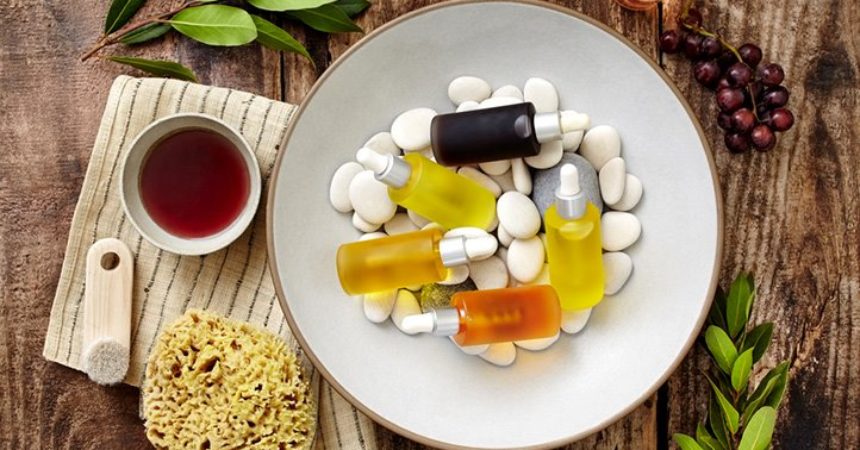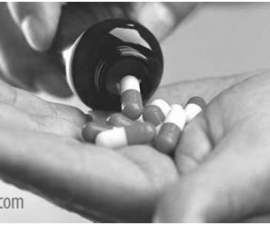Oil is known as the best moisturizer for your skin, but sometimes choosing an excellent facial oil for your skin could be overwhelming because of all the options that are made available to you.
Oleic and Linoleic Acid
First of all, fatty acids are commonly known as the basic building blocks amongst all oils including that of sebum, which is known as the natural oil for our skin. Oleic acids and linoleic are two of the most important things when it comes to skincare. Scientific studies have shown that people who are most prone to acne skin have much lower levels of these acids in their sebum, and the linoleic acid is the one to help manage the acne.
In conclusion, oils that have a tremendously higher percentage of linoleic acid are actually a much better option to fight acne prone skin.
A majority of people don’t have these acne problems but do need help with signs of aging, dryness and even hyperpigmentation. The oleic acids add heaviness and richness to oils, which makes the oils relatively high in oleic acids and creates an excellent moisturizer for deep cleaning of the skin.
It’s best to understand that just like people, plants are totally different, and the oil can have a huge impact on the ratio of linoleic and oleic acids. You want to be sure that you purchase a product from someone who actually states the percentage of oil and the origin. There’s a huge possibility that finding the percentage will be easy because of the plant’s supply.
Jojoba Oil
With this specific oil, a variety can have a high amount of oleic acid mainly depending on its origin. Jojoba is actually considered as a wax ester instead of actual oil. Its molecule is actually much similar to the oil that is produced by the skin. For this reason, jojoba oil may be exactly what people need for their acne problems overall.
The skin reduces its natural oil consumption because jojoba oil replenishes and moisturizes the skin. The decreased oil should help to fight off acne. Jojoba is a multitasker and an excellent one at that because it unclogs pores and hair follicles, moisturizes the skin and has antimicrobial and anti-inflammatory properties which makes it good for treating any skin conditions consisting of psoriasis, eczema and also acne.
Unlike other oils, this one has a stronger and longer shelf life. Also, it’s more affordable.
How to Use Hemp Oil
Hemp seed oil naturally has an SPF of a total of 6 but also has a great amount of absorption of Vitamin D, in which is an important part of being able to get a great amount of sun.
Not only that it’s a fabulous factor when it comes to the skin. It helps to reduce acne, blackheads, pore size, redness, and even eczema. Hemp oil is extremely high in Omega 3 and 6 Essential fatty acids, that helps in building the epidermal lipids and makes sure that there is no loss of moisture, which maintains elasticity of the skin.
Although, there are a variety of different oils for your skin, Hemp Oil seems to be the healthiest one yet. Just be sure to use it daily which will leave your skin bright and feeling great. These Functional Remedies will leave your skin soft and looking fresh. That’s how to use Hemp Oil the best way possible.













